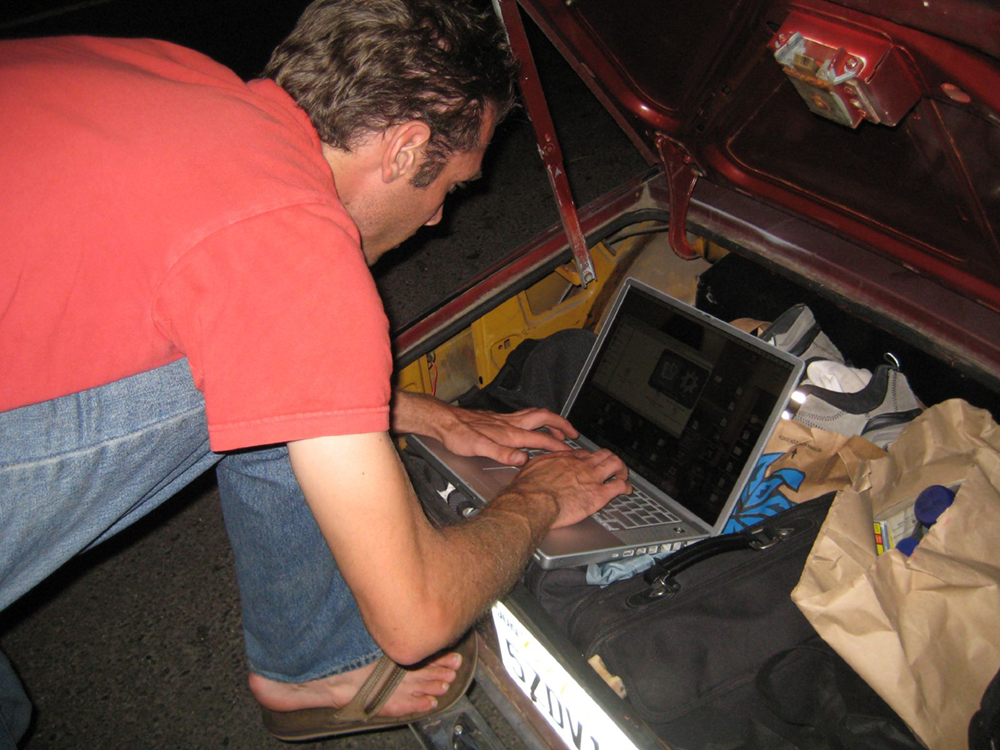| << Chapter < Page | Chapter >> Page > |

Chances are you have been asked to tweet, friend, like, or donate online for a cause. Maybe you were one of the many people who, in 2010, helped raise over $3 million in relief efforts for Haiti through cell phone text donations. Or maybe you follow presidential candidates on Twitter and retweet their messages to your followers. Perhaps you have “liked” a local nonprofit on Facebook, prompted by one of your neighbors or friends liking it too. Nowadays, woven throughout our social media activities, are social movements. After all, social movements start by activating people.
Referring to the ideal type stages discussed above, you can see that social media has the potential to dramatically transform how people get involved. Look at stage one, the preliminary stage : people become aware of an issue and leaders emerge. Imagine how social media speeds up this step. Suddenly, a shrewd user of Twitter can alert his thousands of followers about an emerging cause or an issue on his mind. Issue awareness can spread at the speed of a click, with thousands of people across the globe becoming informed at the same time. In a similar vein, those who are savvy and engaged with social media emerge as leaders. Suddenly, you don’t need to be a powerful public speaker. You don’t even need to leave your house. You can build an audience through social media without ever meeting the people you are inspiring.
At the next stage, the coalescence stage , social media also is transformative. Coalescence is the point when people join together to publicize the issue and get organized. President Obama’s 2008 campaign was a case study in organizing through social media. Using Twitter and other online tools, the campaign engaged volunteers who had typically not bothered with politics, and empowered those who were more active to generate still more activity. It is no coincidence that Obama’s earlier work experience included grassroots community organizing. What is the difference between his campaign and the work he did in Chicago neighborhoods decades earlier? The ability to organize without regard to geographical boundaries by using social media. In 2009, when student protests erupted in Tehran, social media was considered so important to the organizing effort that the U.S. State Department actually asked Twitter to suspend scheduled maintenance so that a vital tool would not be disabled during the demonstrations.
So what is the real impact of this technology on the world? Did Twitter bring down Mubarak in Egypt? Author Malcolm Gladwell (2010) doesn’t think so. In an article in New Yorker magazine, Gladwell tackles what he considers the myth that social media gets people more engaged. He points out that most of the tweets relating to the Iran protests were in English and sent from Western accounts (instead of people on the ground). Rather than increasing engagement, he contends that social media only increases participation; after all, the cost of participation is so much lower than the cost of engagement. Instead of risking being arrested, shot with rubber bullets, or sprayed with fire hoses, social media activists can click “like” or retweet a message from the comfort and safety of their desk (Gladwell 2010).
Sociologists have identified high-risk activism, such as the civil rights movement, as a “strong-tie” phenomenon, meaning that people are far more likely to stay engaged and not run home to safety if they have close friends who are also engaged. The people who dropped out of the movement––who went home after the danger got too great––did not display any less ideological commitment. But they lacked the strong-tie connection to other people who were staying. Social media, by its very makeup, is “weak-tie” (McAdam and Paulsen 1993). People follow or friend people they have never met. But while these online acquaintances are a source of information and inspiration, the lack of engaged personal contact limits the level of risk we’ll take on their behalf.

Notification Switch
Would you like to follow the 'Introduction to sociology' conversation and receive update notifications?